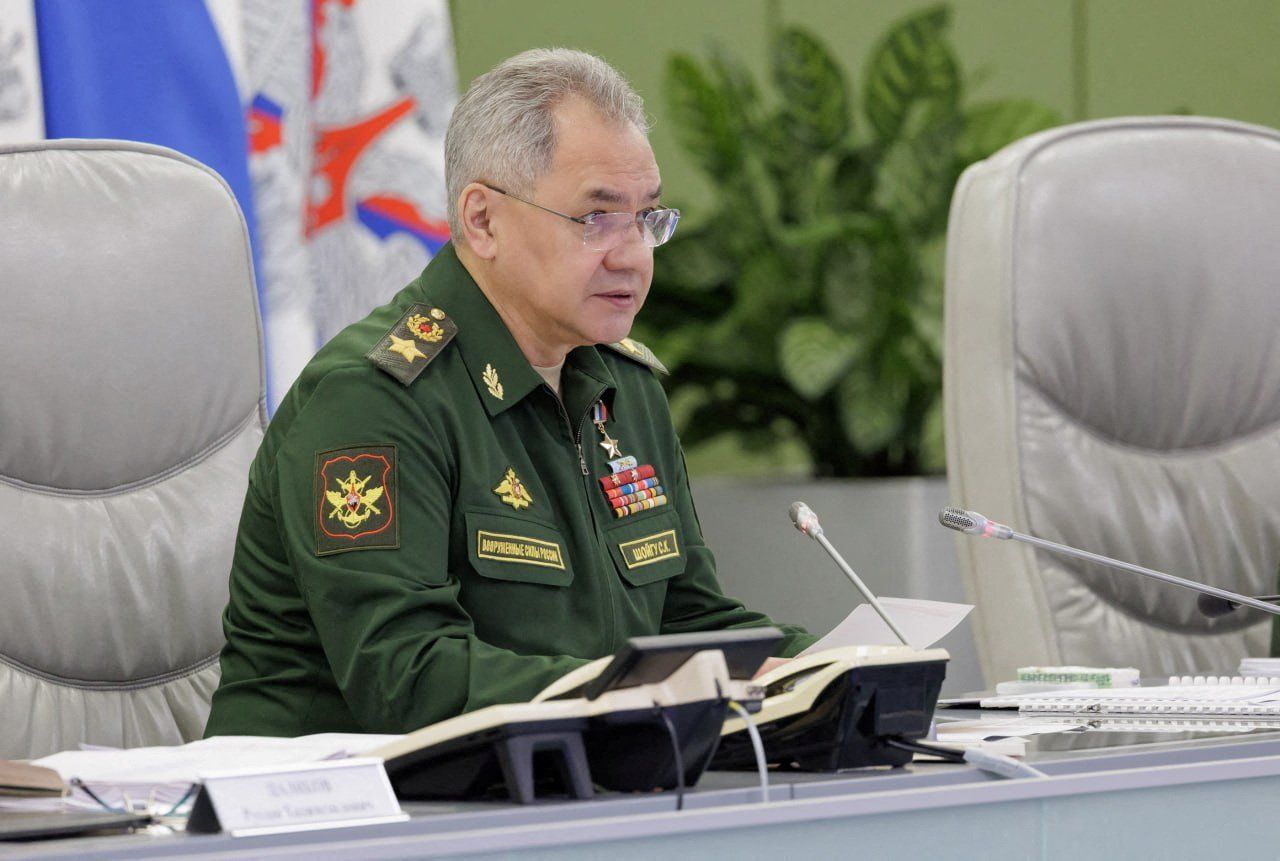Russia’s Defense Minister Sergei Shoigu on Monday made his first public comments about the mutiny that mercenary warlord Yevgeny Prigozhin — who had repeatedly called him a “scumbag” — led against him 10 days ago.
In a terse statement that he read from a piece of paper during a broader meeting of military personnel, Shoigu said the mutiny had failed because rank-and-file soldiers had “courageously and selflessly carried out the tasks assigned to them.”
Shoigu’s appearance and statement seem to make clear that Putin isn’t planning on swapping out his Defense Ministry leadership anytime soon. But it’s worth noting — again, as Prigozhin himself did — that Putin's main issue isn’t so much disloyalty as it is incompetence: His war has been poorly planned and clumsily executed from the start, something that Prigozhin made a point of highlighting in ways that are still thorny for the Kremlin.
In other news, the Levada Center on Monday released a poll on Russians’ views of the mutiny. The big winners were the Armed Forces, whose image improved among 30% of Russians, and Putin, who looked better to nearly 20%. Shoigu, meanwhile, took a hit in the eyes of nearly 30% of respondents, second only to Prigozhin, who lost the affection of 36%.
Lastly, there is still no word on the whereabouts of Prigozhin-pal Sergei Surovikin, a top Russian military official known as “General Armageddon.” There were reports late last week that he had been detained, just hours after The New York Times cited US intel officials to the effect that Surovikin was believed to have had prior knowledge of Prigozhin’s mutiny attempt.
More For You
Most Popular
In this "ask ian," Ian Bremmer analyzes Trump’s recent meeting with Zelensky and how close (or far) Russia and Ukraine are from a peace deal.
Syrian President Ahmed al-Sharaa attends the military parade of the Syrian army in Umayyad Square in central Damascus to mark the one-year anniversary of the fall of the Assad regime, on Dec. 8, 2025.
A year ago this month, Syria’s brutal dictatorship collapsed. There are signs of recovery, but sectarian violence threatens to undermine the optimism.
